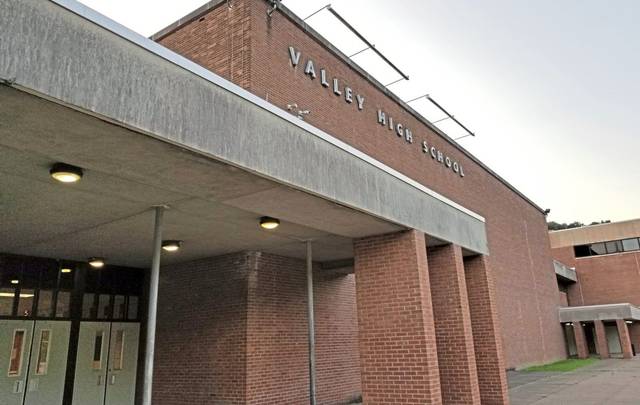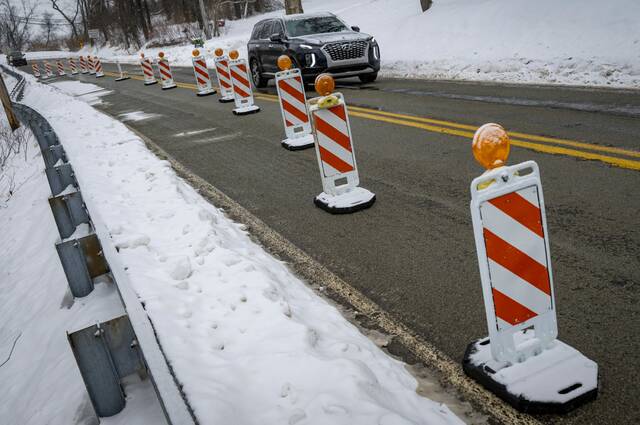The New Kensington-Arnold School District is going forward with a preliminary 2021-22 budget carrying a 6.8% property tax increase despite Gov. Tom Wolf’s budget proposal that boost funding for public schools.
Wolf released his budget proposal Tuesday. It contains nearly $2 billion extra for schools — a more than 20% increase — paid for with an increase in the state’s personal income tax rate.
New Kensington-Arnold’s preliminary budget, which the school board approved Tuesday night, still carries a 6-mill property tax increase. The board authorized business Manager Jeff McVey to ask the state to allow the district to increase the tax rate by more than its state-imposed inflation limit of 4.4% without voter approval.
A 6-mill increase would take the district’s rate from 88.27 mills to 94.27 mills. At that rate, the owner of a property assessed at $20,000 would owe $1,885 in property taxes, or $120 more than this school year.
The budget, and any tax increase, are not yet final.
“Each year the preliminary budget includes a significant tax increase that is above the index — this must be done to give the board of directors the option to raise taxes above the index to meet funding needs,” Acting Superintendent Jon Banko said. “In the past, the district has been able to cut costs and avoid substantially higher increases, and we will look to do the same this year.”
For 2020-21, the district increased the property tax by 3 mills, or 3.5%, which was less than its 3.9% limit.
As approved, the preliminary $38.82 million spending plan for next school year carries a $924,000 deficit and is projected to deplete the district’s reserves from just over $1 million to about $83,000.
That’s improved from late January, when the proposed preliminary budget had a deficit over $1 million and showed the district ending the next school year about $385,000 in the red. The district also revised its starting fund balance up, from about $645,000 to $1.01 million, after a $611,000 deficit in the current school year.
“It is important to keep in mind that the budget is a working document. Developing a preliminary budget having only incurred one-third of your expenses presents a unique challenge,” Banko said. “As we progress through the year, Mr. McVey develops a progressively clearer picture of our expenses and our revenues.
“It may be a bit of an oversimplification of the process, but the preliminary budget must overshoot the target,” he said. “Mr. McVey has done what the board has asked him to do — he has tightened up expenditures to a degree that he believes will not compromise the district.”
Not counting state money just yet
Asked about the impact of Wolf’s budget proposal, Banko said any additional funding from the state would help.
“The governor’s proposal demonstrates a significant commitment to public education,” he said. “Without more details, it’s tough to say how much of an impact this will have especially considering it will need to pass through the Legislature.
“By the time a state budget is passed, I’m sure there will many changes,” he said.
While Banko said New Kensington-Arnold is set to receive about $5.2 million in federal school pandemic relief funding, he said it has to be used to mitigate expenses the district incurred as a result of covid-19.
Federal money not included, either
District administrators are working on a plan to budget the money and submit a grant application, he said. That money has not been factored into the preliminary budget.
Banko said potential uses would be computers for students, two years of summer programming, academic and social support staffing, cleaning and sanitizing costs, and the development and implementation of the district’s online program and a standalone district cyber school.
Board member Terry Schrock encouraged administrators and teachers to take the development of a cyber school seriously, saying that offering of a “top-notch” program could not only help the district balance its budget, but could also become a money maker if it can attract students from other districts.








